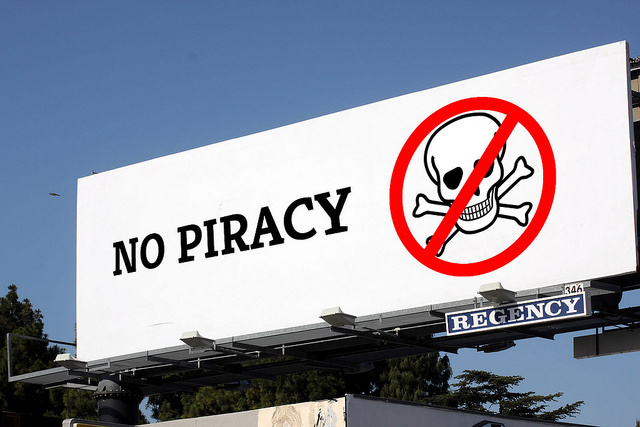
The Federal Communications Commission proposal to boost competition in the cable TV set-top box market is facing opposition from some members of Congress who claim the plan will lead to copyright violations.
House Judiciary Committee Chairman Bob Goodlatte (R-Va.) and ranking Democrat John Conyers (D-Mich.) described their concerns in a letter to FCC Chairman Tom Wheeler Thursday, as noted by Politico. The letter echoes arguments made by cable lobbyists and some groups representing copyright holders.
"Creators have shared concerns that under the FCC's proposed rule, future set-top boxes or their replacements could purposely be designed to distribute pirated content obtained from sources that primarily offer stolen content," Goodlatte and Conyers wrote.
The Goodlatte/Conyers letter doesn't provide any evidence that the FCC plan would enable piracy. Instead, they point to "apps such as Popcorn Time that focus on providing access to piratical content [and] have tried to match the format and ease of use of legitimate apps to mask the theft of copyrighted content." New set-top boxes "could incorporate apps such as Popcorn Time or its functionality or otherwise lead to the unauthorized distribution of copyrighted works," they wrote.
Popcorn Time, which made it easier to download copyrighted works from torrent sites, is nothing like the FCC's set-top box idea, however. Certainly, set-top box hardware could be configured to use services that aid in piracy, but that isn't what the FCC proposal would do.
The FCC's plan would require the cable TV industry to create a software-based replacement for CableCard, letting makers of any third-party device or application build a service that displays the TV channels a cable customer has paid for. Just like the existing CableCard system that supports devices like TiVo, there would be security mechanisms ensuring that consumers could only watch the channels they subscribe to.
"Copyrights and licensing agreements will remain in place, and copyrighted content will be protected from piracy much as it is protected under the existing CableCard regime," Wheeler's proposal said. "Similarly, the proposal honors the limits on the use of programming agreed upon between cable companies and content providers (e.g., ability to record content)."
Last week, Wheeler said that a new Comcast partnership with Roku and Samsung proves that TV channels can be passed to third-party devices without violating copyright.
A CableCard replacement could help TV customers avoid renting set-top boxes from cable providers, and the initiative has received support from some Democrats in Congress and President Obama. Wheeler's plan has received mixed reviews from other politicians, though. Members of the mostly Democratic Congressional Black Caucus argued that the plan would "cause irreparable harm to independent and minority programmers by allowing third parties to strip programming from visible channel placements and relegate it to the bottom of the pile." (The FCC argues that competition in navigation interfaces and search functions "will make it easier for consumers to find and watch minority and special interest programming."
Groups representing copyright holders and content creators are also split. The Motion Picture Association of America (MPAA), Recording Industry Association of America (RIAA), and other content industry groups say they're concerned about "the lack of guarantees for copyright holders" in the FCC plan.
But the Writers Guild of America, West backs Wheeler, saying that the plan will help lesser-known video creators reach a wider audience by putting online video and traditional TV channels on the same devices. This would "benefit content creators because it will make more programming available on TV sets and limit the gatekeeper power of television networks and distributors who have long controlled what content reaches consumers," the group wrote.
The Writers Guild is part of a "Consumer Video Choice Coalition" that supports Wheeler's proposal. Opponents including cable companies set up the "Future of TV Coalition" to oppose it.
(UPDATE: An MPAA spokesperson contacted us to point out that there are more groups representing content creators who oppose Wheeler's proposal than who support it. Including all people who have weighed in with the FCC, Future of TV says there are 70,000 opponents of the plan while the Consumer Video Choice Coalition says more than 100,000 support it.)
The FCC is likely to institute new set-top box rules before the end of the year. A 3-2 party line vote in February set off a public comment period that is scheduled to end on May 23.
reader comments
107